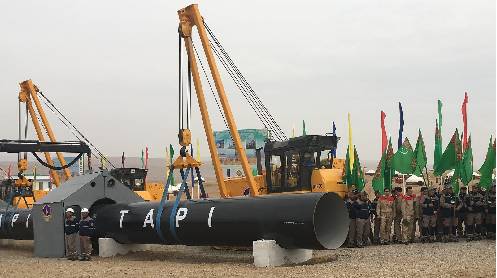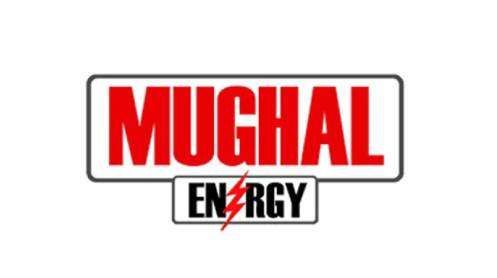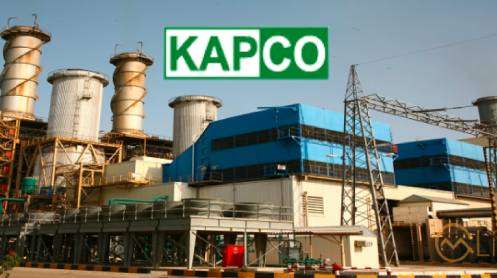ISLAMABAD: Pakistan is rethinking its commitment to the $13 billion Turkmenistan–Afghanistan–Pakistan–India (TAPI) gas pipeline after global consultancy Wood Mackenzie advised delaying gas intake from Turkmenistan until at least 2031, citing an oversupply of imported LNG.
A senior Energy Ministry official confirmed that the recommendation has triggered urgent deliberations within the Petroleum Division, with options ranging from formally deferring commitments to considering a withdrawal from the project. Pakistan is already struggling to manage long-term LNG contracts amid a sharp decline in domestic gas demand.
Officials say Islamabad is also reassessing TAPI’s feasibility in light of India’s wavering participation. Should New Delhi exit, the pipeline would reduce to TAP (Turkmenistan–Afghanistan–Pakistan), a structure Pakistani authorities consider economically unworkable.
Without India, Pakistan would forgo an estimated $700–800 million in annual transit fee revenues and instead pay around $500 million yearly to Afghanistan for gas passage. Combined with the base gas price of $7.5 per MMBTU, the total cost would surpass even expensive RLNG imports, rendering the project financially unsustainable.
The government is now weighing its options carefully as it balances immediate energy market realities with long-term regional cooperation goals.
Story by Khalid Mustafa







